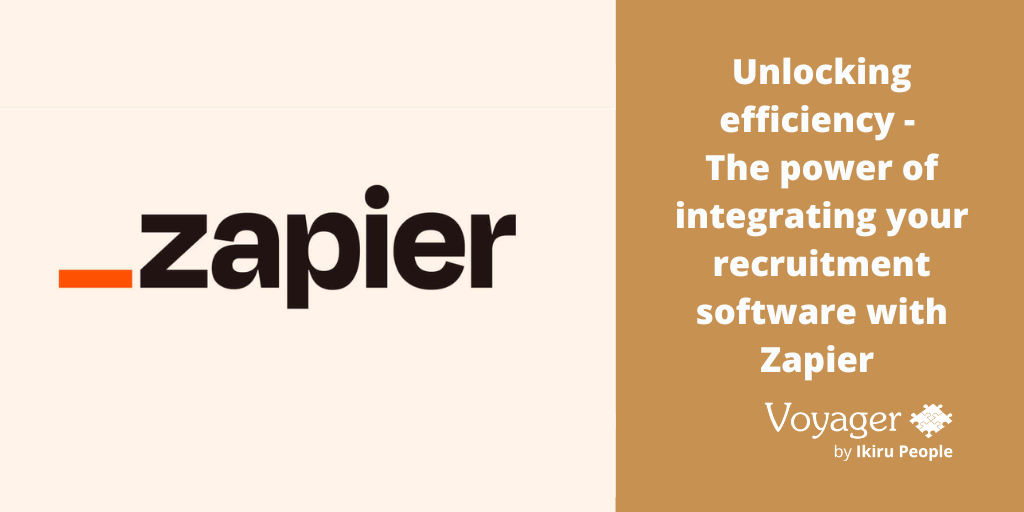AUTHOR: Sterling Debt Recovery has specialised in collecting unpaid invoices for recruiters since 2006. They understand how to resolve disputes, get debts paid, and how to protect against the chances of bad debts occurring. They have put together the following advice to put agencies in the best position to be paid.
Non-payment of fees is a common issue for recruiters and can be extremely damaging for smaller agencies. The nature of the service means that clients can misunderstand their responsibilities and liability under your contract, or may simply try to take advantage of the agency. So, as well as providing a good service to the client it’s important to have strong procedures in place to minimise the risks of bad debt.
Put your terms of business in place correctly
The most common mistake we see with recruitment agencies, and particularly new start-ups is a weakness in the process of putting their contract in place with the client. A simple error in the process can mean the client has not technically agreed on the contract and therefore is not obliged to pay for the service. Many agencies assume that if they send their terms of business with the CV then they are covered, but this is not the case. Our advice is to always e-mail the client your terms of business separately with a cover letter or cover message BEFORE sending full details of any candidates. You should do this even with existing clients if it’s for a new vacancy. Then send the candidate’s full details once the client has explicitly requested them by email (this email effectively means the client has accepted the terms).
Know your customer
Confirm which business entity you’re dealing with. You can view business details for free on the Companies House website which shows if the company is in insolvency. For a more detailed report, you can subscribe to a credit checking service for just a few hundred pounds per year to see whether your potential client has outstanding county court judgements against them or other signs that they may be in difficulty. On the most basic level checking the client ensures you’re contracting with and invoicing the correct business entity. If you’re dealing with a large client you should also get details of their accounts payable process so you know where to send the invoice and any other requirements necessary for payment (for example a PO number).
Use strong terms of business
New agencies often ‘inherit’ terms of business which may be out of date and contain errors or omissions. Even the most commonly used recruitment agreements (from the two main associations) have significant weaknesses which can be used by a disreputable or disgruntled client to avoid payment.
Your terms should not require that you are the effective cause of the engagement, in fact, they should state the opposite.
There should be a clause stating that any discount given only applies if payment is made within your payment terms, so that if a client does try to avoid paying your fee then you are within your rights to charge the full rate.
Your agreement should deal with the common arguments ‘the candidate was already introduced by another agency’, ‘we already knew the candidate’ or ‘we found him on Indeed/Linkedin’. There should be a clause requiring the client to advise you of this and provide evidence in writing within X* days of receiving the candidate’s CV from you.
Often terms of business will have a clause to specify late payment interest and fees. Sometimes we find that the rates stated are actually less than those that we could add under statute (standard law that applies). Therefore the terms should allow for the addition of your own late fees OR those under the statute, whichever is greater. Otherwise, the clause should be removed to allow statutory interest and fees to be applied. For example, the statute allows for ‘reasonable recovery fees’ to be added to debt when 3rd party assistance is required to collect. This usually allows Sterling to have the debtor cover the cost of our service when we collect in debt recovery, and often our client will receive more than their original invoice value once all costs have been considered.
Sterling’s solicitor has drafted the most robust terms in the market, with agreements covering both perms and contractors. The terms close a loophole present in the most commonly used terms and put our clients in a strong position should their client refuse to pay.
Invoice early and chase payment using a defined process
The earlier you send the invoice the earlier you get paid, so get the invoice out as soon as the placement is made. Ensure the invoice shows the full client entity name (including the registered number helps), details of the engagement, and of course clear payment instructions.
You should have a set ‘dunning process’ to ensure that you chase payment consistently with all clients. For new clients especially you should call shortly after emailing the invoice to ensure it’s been received and check for any queries. You should chase payment by phone and email, sending formal reminders (for example at 5 days overdue, 15 days overdue and a final demand at 30 days overdue). A gentle chase call just prior to the due date rather than after will help get you paid earlier.
Don’t leave it too late to escalate unpaid invoices
Disreputable clients and those in financial difficulty can keep suppliers at bay with repeated promises to pay and sometimes by promising further business. Before you know it the invoice can be months or sometimes years overdue.
The simple truth is that the longer an invoice goes unpaid the less chance of it being paid at all., so it’s important to seek expert assistance before it’s too late. It’s good practice (and free) to sign up with a debt collection agency before you need to use their services so that you can escalate a debt quickly when it becomes necessary.
Sterling Debt Recovery is the only debt collection agency specialising in the recruitment sector. We work on a commission-only basis, with no up-front fee. We get our clients paid quickly, without risk of throwing good money after bad. We make full use of the Late Payment Act which allows us to add late fees to your debt, which means that in most cases the debtor effectively covers the cost of our service making the service free for our client.
Voyager Infinity and Voyager Mid-Office are software solutions that make Recruiters’ lives easier. Voyager Infinity is a CRM used by thousands of recruiters globally to source, nurture and maintain the relationships with their clients and candidates, and Mid-Office manages the entire Pay and Bill process (IR35 ready).















